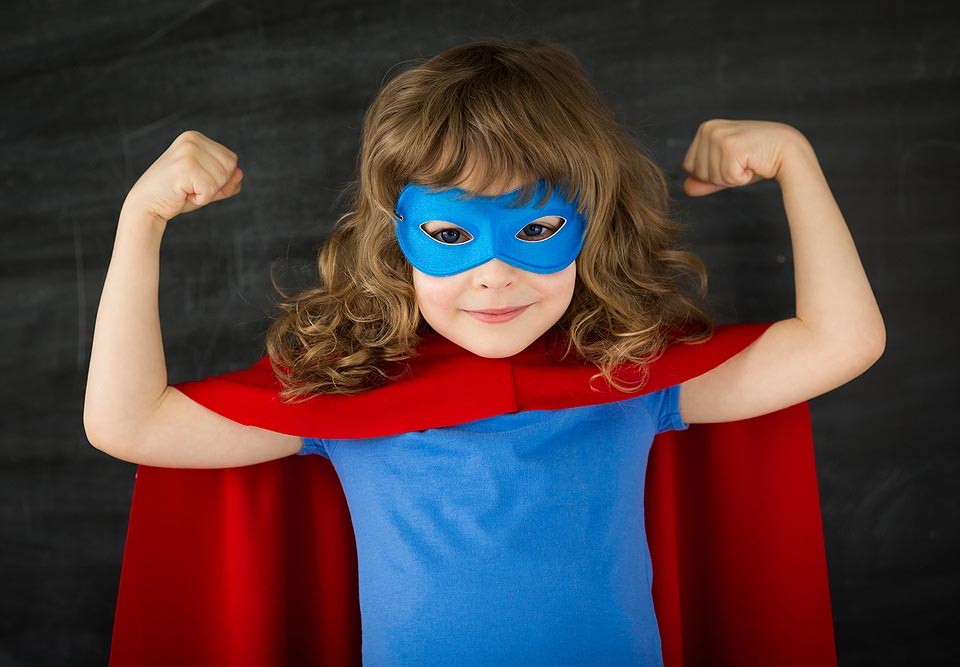Let's destroy those evil wolves! Who's with me! ? These bold words rang through the woodlands and were met with enthusiastic shouts of 'Me!' 'Me!' and, 'Me too!' There's always a 'me too' in every such group and where would we be without the little 'me toos'?
I smiled and had to suppress the urge to shout back--'I'm with you! Me too!'
This valiant hero, although he was only about 7 years old, was an inspiring leader and the child in me couldn't help but be moved.

Instead, I just smiled and watched from a distance. I didn't want to intrude on their world. Besides, it's a rare to see children engaged in imaginative games played sans electronic devices, and what a wonderful sight it is.

“You can discover more about a person in an hour of play than in one year of conversation”- Plato-
Someone once said that 'play is the work of childhood'. I think it was Robert Louis Stevenson---correct me if I'm wrong.
Play is also sheer, exuberant, joyful fun that you are completely absorbed in. Yet it's even more than that apparently.
Scientists have actually studied the effects of imaginative, make-believe play on children and here are a few of the findings;
--It broadens childrens' understanding of others and enhances social skills. The “theory of mind,” concept, which is an awareness that one’s own thoughts may differ from those of other people and that there are a variety of perspectives of which each of us is capable, is closely related to imaginative play. (Jenkins & Astington, 2000; Leslie, 1987; Singer & Singer, 1990; Singer & Singer, 2005).
--Make-believe play helps children develop healthy self-control, including reduced aggression, delay of gratification, civility, and empathy. (Hughes, 1999).The research reviewed by Berk, Mann & Ogan, (2006) and Hirsh-Pasek, Golinkoff, Berk, & Singer (2009)
-- It provides opportunities for children to identify with the adult world and to try on different roles and personas.
--Play helps children develop social skills such as negotiation, cooperation, sharing and provides opportunities for working out problems and experimenting with solutions.
--Play helps children develop language skills: practising listening, looking and talking, as well as non-verbal cues from body language.
--Play enhances creativity in adulthood. Children who engage in lots of make believe play tend to be more creative as adults. (Russ, 2004; Russ, & Fiorelli, 2010). Research with creative individuals such as Nobel Prize winners and MacArthur Foundation “genius” grant awardees, indicate that early childhood games about make-believe worlds were more frequent in such individuals than in control participants in their fields (Root-Bernstein, 2012).
So imaginative play is absolutely vital to a child's development and well-being, with effects reaching into the adult years.
By the way, I'm of the opinion that there are some things we just never outgrow--like using our imaginations and having fun
So, let's go get those big bad wolves! C'mon, who's with me!?
